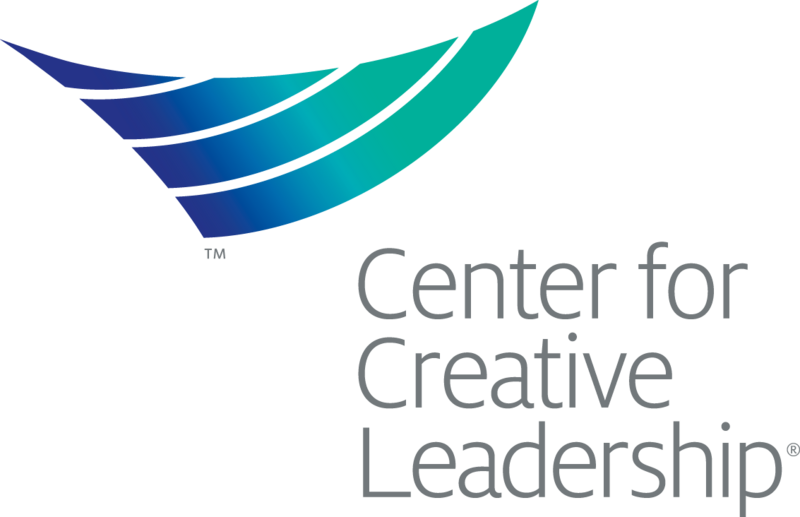ATD Blog
Recharge Your Rituals, Recharge Yourself
Mon Jan 03 2022

Employees worldwide are experiencing a transformation in how and where they work. This constant change affects our daily life and challenges our habits and patterns.
Dr. Wendy Wood from USC reminds us that on any given day, almost half of our activity is repetitive and habitual. When put into this context, the shifts and adjustments we’ve been required to make during the pandemic have interrupted our routines in a significant way, which can leave us feeling drained. The good news is we can fend off burnout and enhance our ability to “burn bright” by rethinking daily rituals.
Below are specific tips and tactics to bring greater intention, attention, and science to three important timeframes in your day—morning, midday, and evening.
Recharge Your Morning Ritual
It’s hard to argue against the importance of morning rituals for setting the tone of the day and setting us up for success. However, our early morning habits are among the most well-established and least examined. Here are a few tactics to improve your morning:
Hydrate before caffeine. The ritual of morning coffee has high appeal for many of us. However, caffeine consumed too early provides little actual kickstart. Within the first 30 minutes of waking, your brain is firing up and getting systems functioning on its own—adding caffeine is like throwing some twigs on an established fire. Instead, try waiting for 60 minutes before consuming caffeine and drink water in the meantime.
Delay jumping into email. As you lounge in bed for the first few minutes of the morning, would you invite your colleagues into your bedroom to share their needs and requests? It sounds ridiculous, but that’s what you do when you check email upon waking. Avoid the emotional hijack that can occur from jumping into email straightway and try to delay checking it by at least 10 or 15 minutes.
Refresh Your Midday Ritual
The middle of the day provides a prime opportunity to hit refresh on yourself. But most of us are missing out on the midday rituals that can help us gather energy for the second part of the day. Carving out time for yourself can have an exponential effect on your ability to burn bright. Here are some tips:
Remember to breathe. Take a couple of minutes to notice your breathing. Is your breath quick and shallow? Breathing in this way causes your nervous system to up-regulate, leading to feelings of tension and anxiety. Instead, breathe slow and deep, which turns on your body’s anti-stress response. Studies have shown that less than a minute of intentional breathing has a positive impact.
Reclaim time for yourself. Tune in to what you need on a particular day and determine how you can carve out time on your calendar for yourself. Do you need to get some sunshine? Eat a nourishing snack? Catch up with a friend? Unless you claim the time and schedule it for yourself, others will continue to nibble away at it.
Revise Your Evening Ritual
Much like our morning habits, our nighttime, pre-sleep routines are often ingrained and unexamined. Noticing and adjusting what we do to set ourselves up for successful sleep (falling asleep efficiently and staying asleep) is a critical component of renewing our rituals. Consider these tips:
Choose an evening attitude of gratitude. Regularly practicing gratitude promotes a calm and settling environment that helps with sleep onset. Even just verbalizing to a family member three good things that happened that day helps set you up for sleep success.
Say no to the nightcap. While alcohol and its sedative qualities can promote feelings of sleepiness, alcohol in your system overnight is shown to disrupt REM sleep. That disruption, in turn, diminishes the restorative effects of sleep, such as emotional maintenance and creativity. Consider leaving at least an hour between your last adult beverage and bedtime.
Refine Your Rituals to Build Resilience
At the foundation of your day are rituals and routines, whether you plan them or not. Take some time as the new year emerges to examine and refine your daily rituals. Doing so will allow you to build a foundation and become more resilient so that you can show up better for yourself and others.
You've Reached ATD Member-only Content
Become an ATD member to continue
Already a member?Sign In

